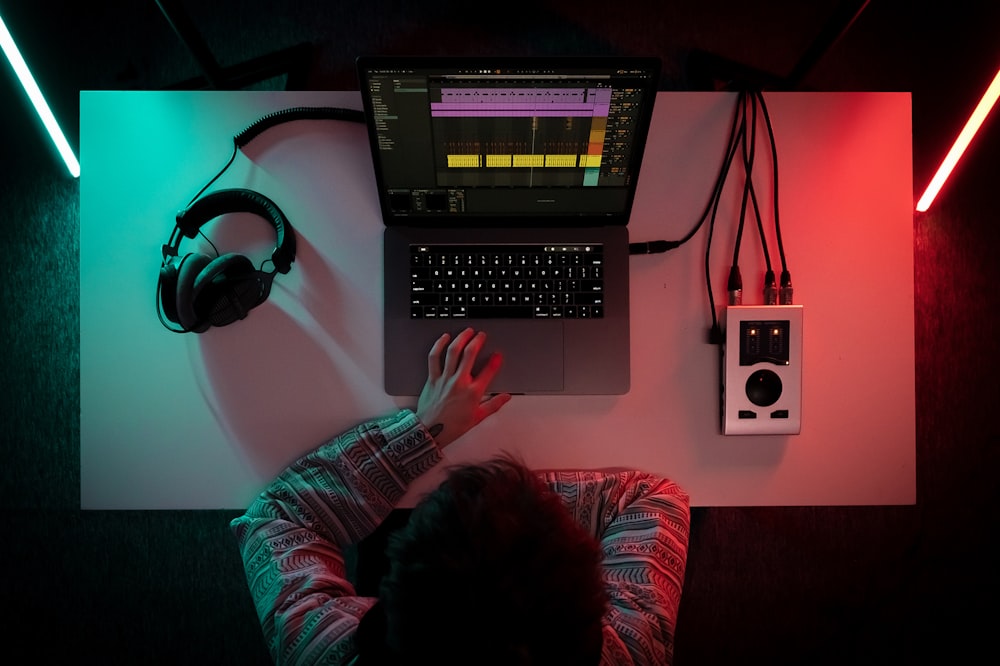Mastering Music Production Techniques for Producers
Understanding the Role of a Music Producer
A music producer is the creative backbone behind the scenes, responsible for overseeing the entire music production process. From arranging and recording to mixing and mastering, producers wear many hats to bring musical ideas to life. Understanding the multifaceted role of a producer is crucial for mastering music production techniques.
The Art of Arrangement and Composition
One of the key skills for music producers is arranging and composing music. This involves structuring musical elements such as melody, harmony, rhythm, and instrumentation to create a cohesive and engaging piece. Producers often work closely with songwriters and composers to shape musical ideas into polished arrangements.
Recording and Studio Techniques
In the studio, producers must have a strong grasp of recording techniques and studio equipment. From mic placement and signal routing to working with digital audio workstations (DAWs) and plugins, mastering studio techniques is essential for capturing high-quality audio and achieving the desired sonic characteristics.
Sound Design and Instrumentation
Sound design plays a crucial role in modern music production, especially in genres like electronic music and film scoring. Producers use synthesis, sampling, and sound manipulation techniques to create unique sounds and textures that enhance the overall sonic palette of a track. Understanding instrumentation and sound sculpting is key to mastering music production.
Mixing and Audio Engineering
Mixing is where the magic happens in music production. Producers must have a keen ear for balancing levels, panning, EQ, compression, and effects to create a well-balanced and impactful mix. Audio engineering skills are essential for achieving clarity, depth, and dynamics in the final mix.
Mastering and Finalization
The mastering stage is the final step in music production, where the overall sound of the track is polished and optimized for distribution. Producers collaborate with mastering engineers to ensure that the final mix translates well across different playback systems and platforms. Understanding mastering techniques is crucial for delivering professional-quality music.
Collaboration and Communication
Effective collaboration and communication are essential skills for music producers. Producers often work with artists, songwriters, musicians, engineers, and other industry professionals. Clear communication, teamwork, and mutual understanding of creative goals are key to successful music production projects.
Time Management and Organization
Music production involves juggling multiple tasks and deadlines. Producers must be skilled in time management, scheduling, and organization to ensure that projects stay on track and meet deadlines. Prioritizing tasks, setting goals, and staying organized are essential for mastering music production techniques.
Technical Proficiency and Continuous Learning
In addition to creative skills, producers must have a strong technical foundation in music production tools and software. Staying updated with industry trends, new technologies, and production techniques is crucial for continuous growth and mastery in music production. Producers must be lifelong learners, always seeking to improve their skills and stay ahead in the ever-evolving music industry.
Conclusion
Mastering music production techniques is a multifaceted journey that combines creativity, technical proficiency, collaboration, communication, organization, and continuous learning. By understanding the role of a music producer, honing essential skills, and staying dedicated to excellence, producers can achieve mastery in music production and create impactful and memorable music that resonates with audiences. Read more about Music production




